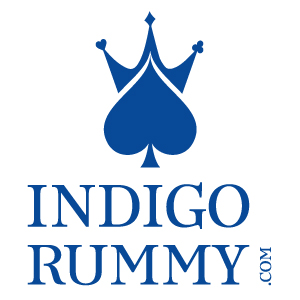Online game development companies call for clear distinction between video games and real-money games

Prepend to the content

A coalition of 70 video game studios and esports companies, including Dot9 Games, Outlier Games, and SuperGaming, has sent a letter to the Prime Minister’s Office (PMO) seeking a comprehensive policy that clearly distinguishes between video games and real-money games (RMG).
The letter, also addressed to the Ministry of Information and Broadcasting (I&B), comes as the National Democratic Alliance (NDA) government, led by Prime Minister Narendra Modi, begins its third term. The government is currently formulating plans to regulate the growing online gaming sector.
As reported by Money Control, the gaming industry is advocating for two separate categories—video games and real-money games—in the Indian policy framework to capture the distinct nature of each sector. The July 8 letter reviewed by Moneycontrol urges the I&B ministry to be designated as the nodal agency for video games. Additionally, the creation of a dedicated AVGC-XR wing within the ministry, headed by a joint secretary rank official, has been proposed. AVGC-XR stands for Animation, Visual Effects, Gaming, Comics, and Extended Reality.
Among the 10 recommendations outlined in the letter, the industry is pushing for:
– A clear distinction between video games and real-money games in the policy framework.
– The establishment of a Catalyst Fund to support startups and MSMEs in the gaming sector.
– Financial incentives such as a reduction in GST on video games from 18% to 12% and corporate tax holidays to attract investments.
– Measures to improve higher education in game development and recognition of digital IP as collateral for business loans.
– Support for video game conference organizers and rationalizing import duties for development hardware.
In December 2022, the Ministry of Electronics and Information Technology (MeitY) was designated as the nodal ministry for all online gaming matters, while the esports sector was assigned to the Ministry of Youth Affairs and Sports. However, the gaming companies argue that video games, as a form of creative and artistic expression, should be categorized under the entertainment industry.
The industry claims that the lack of clear differentiation between video games and real-money games has led to confusion and regulatory challenges. The recent GST amendment in October 2023 placed real-money games in the 28% tax bracket, while video games remained at 18%. This has resulted in unfair treatment and operational difficulties for video game companies.
Harish Chengaiah, founder of Outlier Games, emphasized the industry’s potential, stating, “The Indian video game industry is projected to reach $1.6 billion by 2029, surpassing the cumulative revenues of all Indian film industries and becoming the largest entertainment industry in India before the end of this decade.”
The letter also highlights the need for India to align with global standards in regulating video games and avoid following China’s restrictive approach. The companies believe that implementing equitable policies can set a positive example for the Global South.
India is the fastest-growing games market in Asia, with combined mobile, PC, and console gaming revenue projected to reach $943 million in 2024, according to Niko Partners. The market is expected to surpass $1 billion in revenue by 2025.
The gaming studios have requested a meeting with the PMO and the I&B ministry to discuss the unique circumstances of the video games industry and seek guidance on the way forward.
As the Indian gaming industry continues to grow, the call for clear policy distinctions between video games and real-money games is gaining momentum. The proposed measures aim to streamline regulations, improve operational efficiency, and foster an environment for the industry’s growth.
The post Online game development companies call for clear distinction between video games and real-money games appeared first on G2G News.



